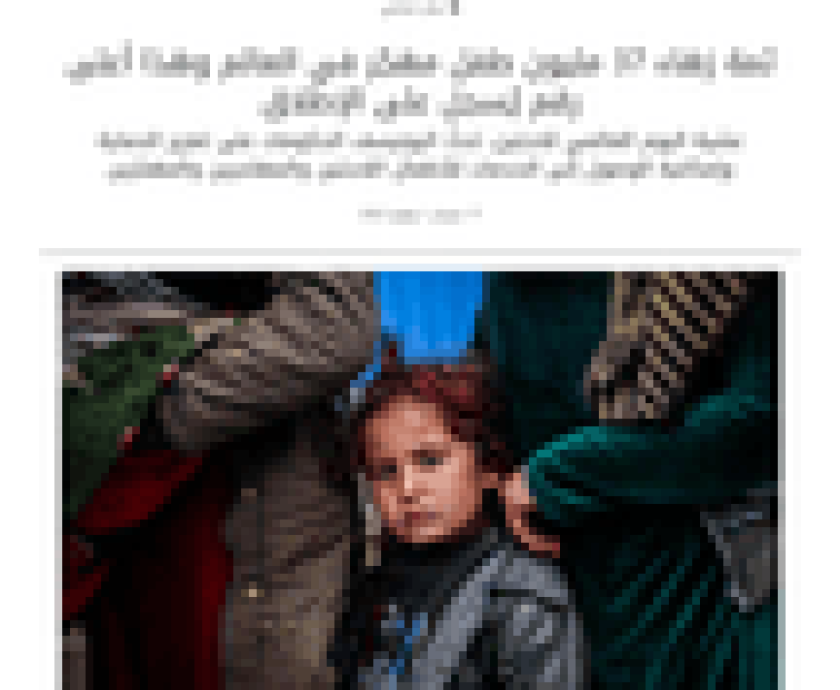Click to expand Image
A child places his hands on a fence as Greek police officers stand guard at a makeshift camp for migrants and refugees in Greece.
© 2016 Reuters/Marko Djurica
“I was afraid because I knew I was going to be in jail, but I had no choice.”
Mohammad H., a 17-year-old boy from Afghanistan, is one of hundreds of unaccompanied children who have ended up in Greece’s “protective custody” regime, a system that locks unaccompanied children up in police stations and detention centers, ostensibly for their own protection, until they are placed in a shelter.
But far from protecting them, Greece’s “protective custody” regime puts children at risk of severe abuse, including sexual violence and harassment and long-term psychological harm. Children can be held for weeks and months in dirty, overcrowded cells, often confined with unrelated adults. The Covid-19 pandemic, though largely under control in Greece, poses another grave risk to children living in close quarters behind bars.
As of July 15, an estimated 178 unaccompanied children were detained while waiting to be transferred to a shelter, down from 229 at the end of June. This is a step in the right direction, as is the government’s recent move to reduce the amount of time children can be held in so-called protective custody from 45 days to 25.
But it is not enough to reduce the number of children in jail and the amount of time they spend there. International human rights standards hold that immigration-related detention, including “protective custody,” is never in the best interest of the child and should be prohibited due to its harmful impacts.
When Greece assumed the Chairmanship of the Committee of Ministers of the Council of Europe in May, it identified “children as vulnerable persons,” including unaccompanied children, as one of the country’s four priorities.
“We all have a duty to protect children from any danger,” it says on the Greek Chairmanship’s website. “We are making a constant effort to take all necessary measures to ensure that there are no unaccompanied minors outside the child protection framework.”
The government should live up to this commitment and show real leadership by abolishing the protective custody regime once and for all. In the meantime, authorities should release all children from immigration detention as soon as possible – all the more urgent amid the Covid-19 pandemic – and establish suitable short-term alternatives to detention.




